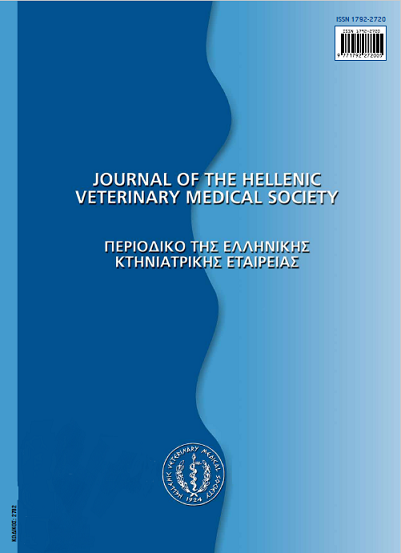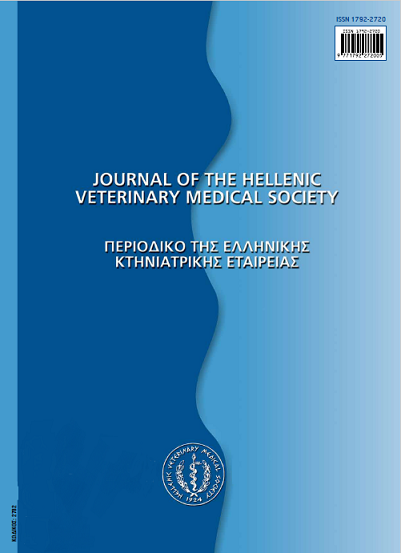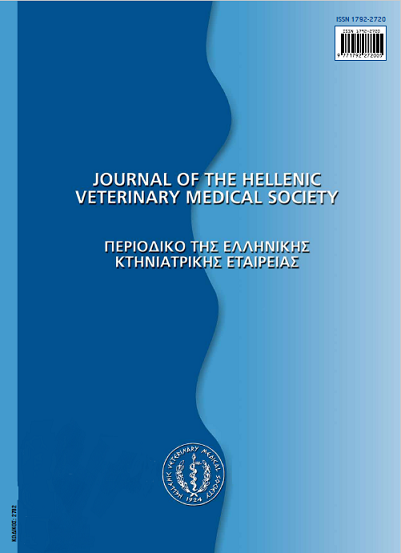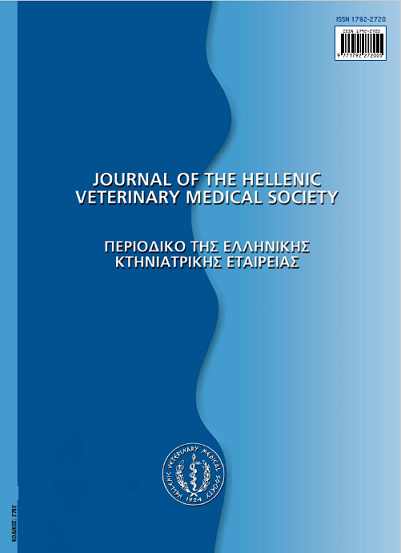Marteiliosis in molluscs
Аннотация
The protozoans, belonging to the phylum Paramyxea and particularly to the genera Marteilia, are the more important mollusc pathogens. The last thirty years marteiliosis has caused economic losses in mollusc aquaculture worldwide. According to the World Organisation for Animal Health (O.I.E.), it is not a zoonosis and it is classified in List II that includes mollusc diseases which are an obligatory statement in the European Union. The disease is characterized by progressive loss of body-weight of the infected shellfish and alteration of the colour of the digestive gland. Because of the absence of pathognomonic symptoms, histological and molecular techniques are required for the diagnosis of the disease. In Greece, marteiliosis constitutes a continuous threat for the mollusc aquaculture and demands surveillance and proper management. Genetic improvement of host species, in order to produce individuals resistant to the disease, as well as knowledge of the biology of Marteilia sp. constitute useful tools for the reduction of the impact of marteiliosis.
Article Details
- Как цитировать
-
KARAGIANNIS (Δ. ΚΑΡΑΓΙΑΝΝΗΣ) D., & ANGELIDIS (Π. ΑΓΓΕΛΙΔΗΣ) P. (2017). Marteiliosis in molluscs. Journal of the Hellenic Veterinary Medical Society, 57(1), 42–50. https://doi.org/10.12681/jhvms.15008
- Выпуск
- Том 57 № 1 (2006)
- Раздел
- Review Articles
Authors who publish with this journal agree to the following terms:
· Authors retain copyright and grant the journal right of first publication with the work simultaneously licensed under a Creative Commons Attribution Non-Commercial License that allows others to share the work with an acknowledgement of the work's authorship and initial publication in this journal.
· Authors are able to enter into separate, additional contractual arrangements for the non-exclusive distribution of the journal's published version of the work (e.g. post it to an institutional repository or publish it in a book), with an acknowledgement of its initial publication in this journal.
· Authors are permitted and encouraged to post their work online (preferably in institutional repositories or on their website) prior to and during the submission process, as it can lead to productive exchanges, as well as earlier and greater citation of published work.






